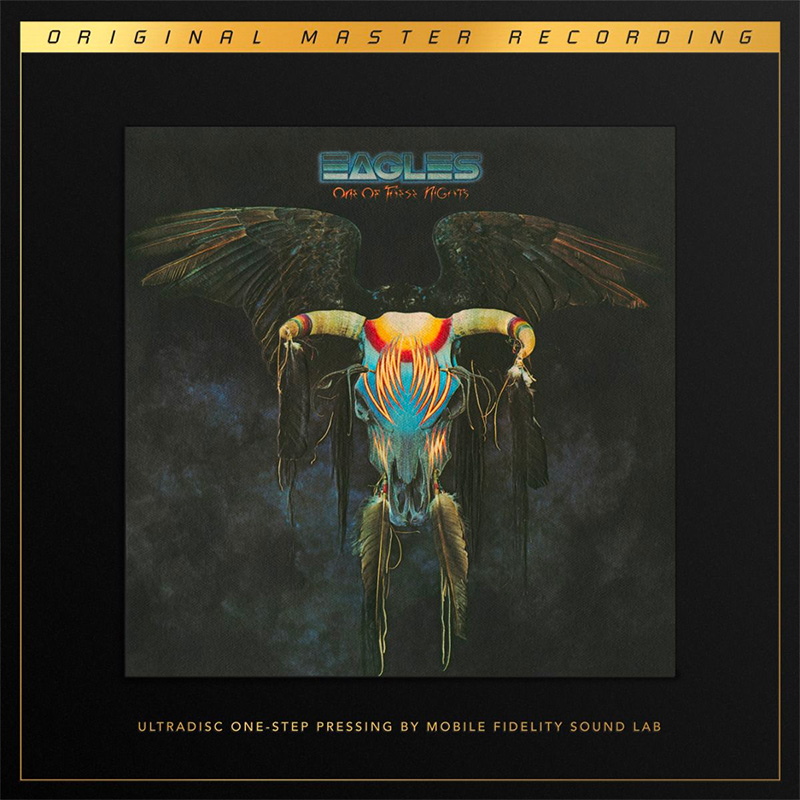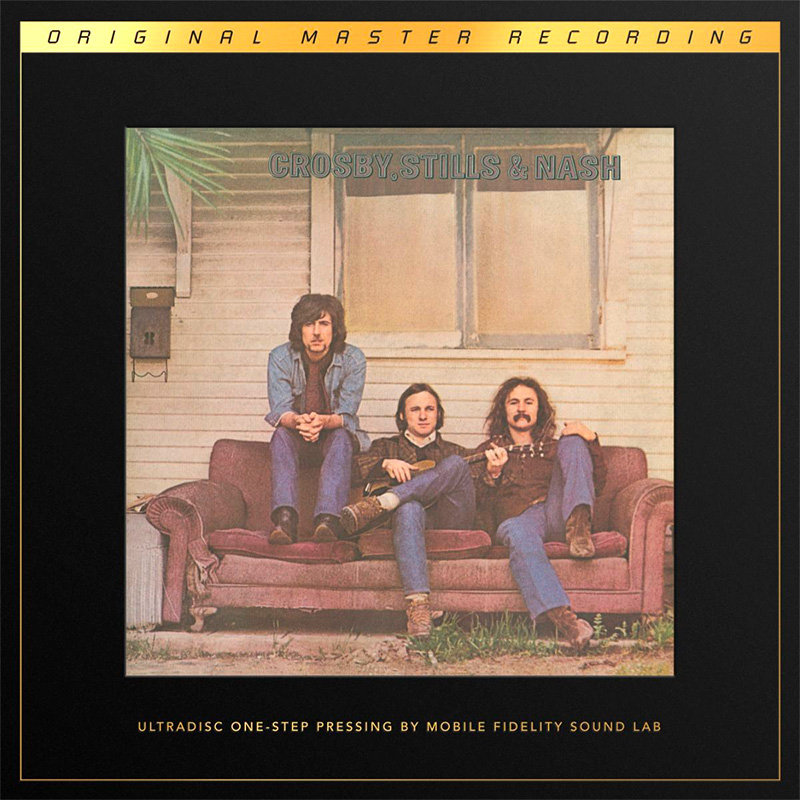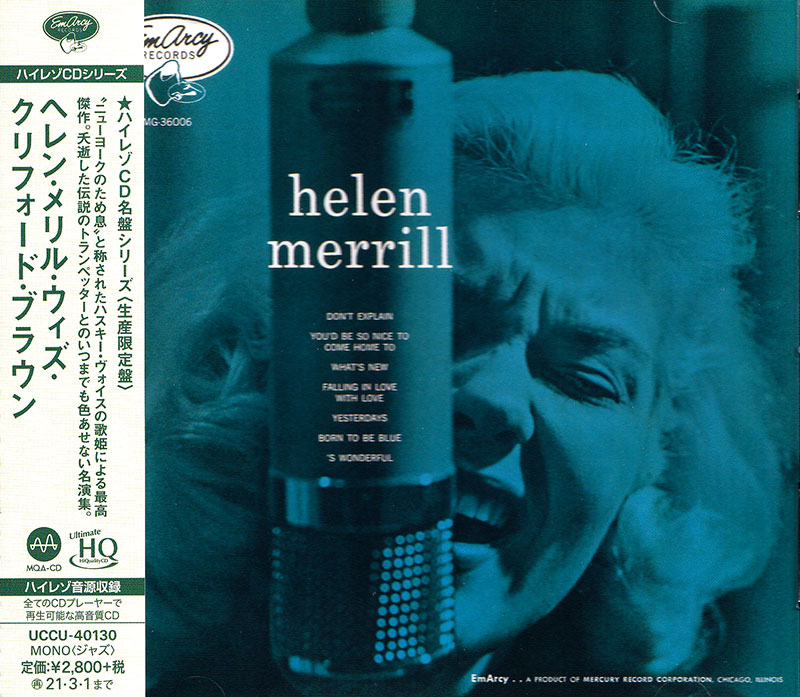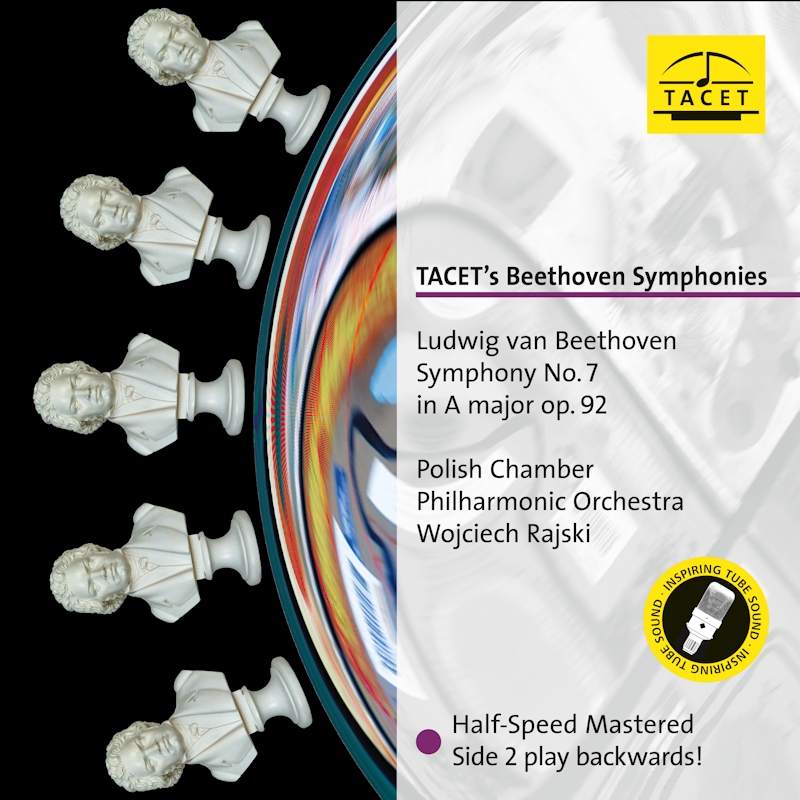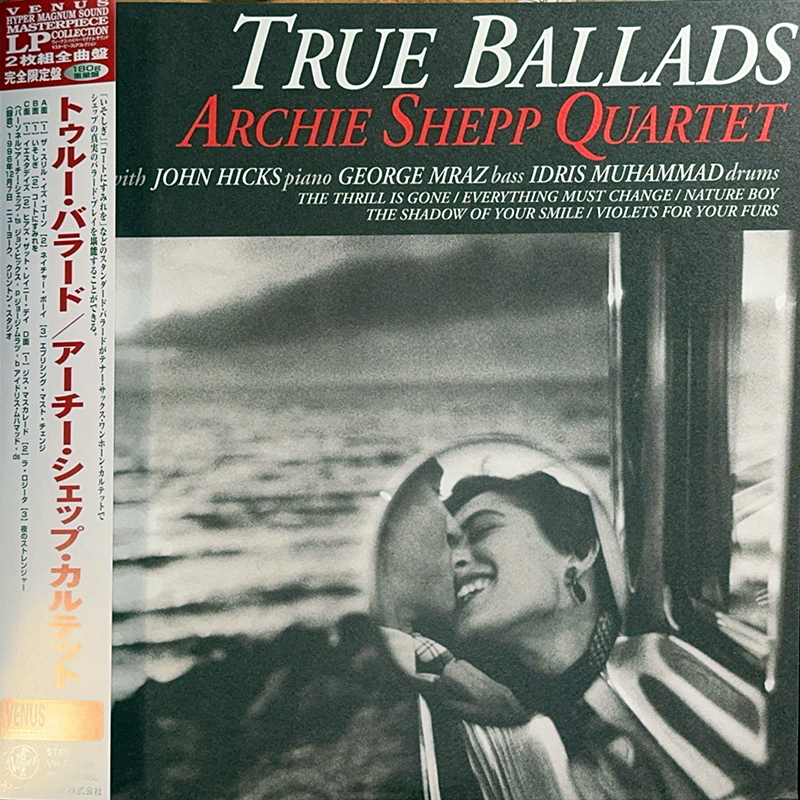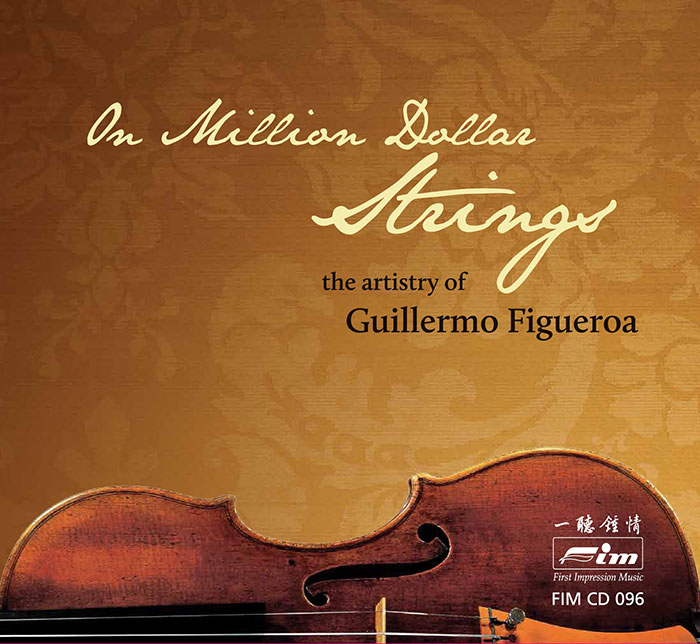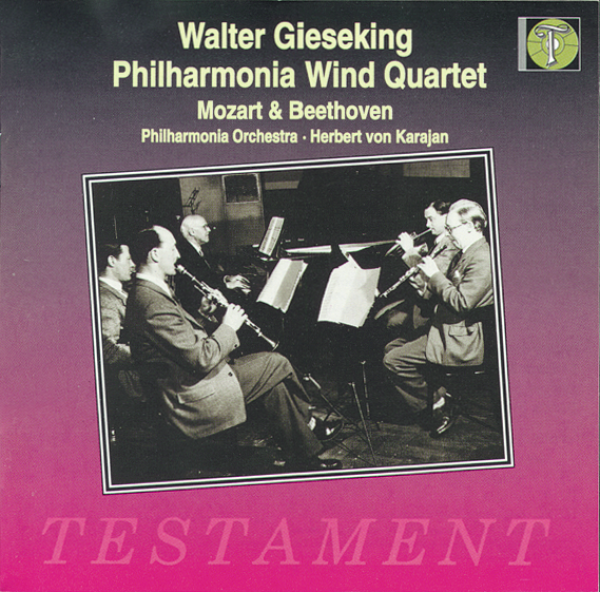Logowanie
OSTATNIE EGZEMPLARZE
Jakość LABORATORYJNA!
ORFF, Gundula Janowitz, Gerhard Stolze, Dietrich-Fischer Dieskau, Deutsche Oper Berlin, Eugen Jochum
Carmina Burana
ESOTERIC - NUMER JEDEN W ŚWIECIE AUDIOFILII I MELOMANÓW - SACD HYBR
Winylowy niezbędnik
ClearAudio
Essence MC
kumulacja zoptymalizowana: najlepsze z najważniejszych i najważniejsze z najlepszych cech przetworników Clearaudio
Direct-To-Disc
PIAZZOLLA, ChamberJam Europe
Tangos del Ángel y del Diablo
Direct-to-Disc ( D2D ) - Numbered Limited Edition
MOZART, BEETHOVEN, Walter Gieseking, Dennis Brain
Gieseking-Philharmonia Wind Quartet
- 1. Quintet In E Flat Major For Piano & Wind, K. 452: I. Largo - Allegro Moderato
- 2. Quintet In E Flat Major For Piano & Wind, K. 452: II. Larghetto
- 3. Quintet In E Flat Major For Piano & Wind, K. 452: III. Rondo (Allegretto)
- 4. Quintet In E Flat Major For Piano & Wind, Op. 16: I. Grave - Allegro Ma Non Troppo
- 5. Quintet In E Flat Major For Piano & Wind, Op. 16: II. Andante cantabile
- 6. Quintet In E Flat Major For Piano & Wind, Op. 16: III. Rondo (Allegro Ma Non Troppo)
- 7. Sinfonia Concertante In E Flat Major, K. 297b: I. Allegro
- 8. Sinfonia Concertante In E Flat Major, K. 297b: II. Adagio
- 9. Sinfonia Concertante In E Flat Major, K. 297b: III. Andantino Con Variazioni
- Walter Gieseking - piano
- Dennis Brain - horn
- MOZART
- BEETHOVEN
Walter Gieseking is joined by stellar wind players, including the great hornist Dennis Brain; and the Quintets have a gleaming, robust quality that make them irresistible. They were recorded in the mid- 1950s, a time when Gieseking sometimes operated on automatic pilot, but here he sounds involved and fluent; the keyboard part played with aristocratic grace and, where appropriate, sparkling high spirits. The filler is one of Herbert von Karajan's few successful Mozart recordings, aided immeasurably by the expert first-desk soloists of the Philharmonia. Fans of Gieseking and Dennis Brain will want this disc, but anyone will enjoy this happy combination of fine playing, music that's lovely if not profound, and excellent mono sound (Dan Davis)` There have never been any doubts about these performances. The horn playing in the Sinfoniaconcertante is unsurpassable and in the quintets Gieseking's lightness and his clarity and sense of style is simply beyond praise. The tempos are on the slow side in the first movement of the Mozart and the finale of the Beethoven but somehow with Gieseking, slow tempos have a way of seeming to be just about right. Richard Osborne's excellent notes quote a letter from Sidney Sutcliffe of touching modesty. Speaking of their run-through of the Mozart, he says, 'On reaching the Allegro moderato, the great man played two bars at an absolutely perfect tempo and then stopped and asked in the most gentle and hesitant manner, Will that be all right for you? So it was a most happy occasion although I found it a grave responsibility matching the artistry of my colleagues when Bernard [Walton], Cecil [James] and Dennis [Brain] were producing sounds of breath-taking beauty.' Breathtaking is the right word for all concerned here on one of the great chamber music records of the LP era. Considerable pains have been taken with the transfers, which now sound fresh and full bodied. Thoroughly recommended. - The Gramophone Classical Music Guide
